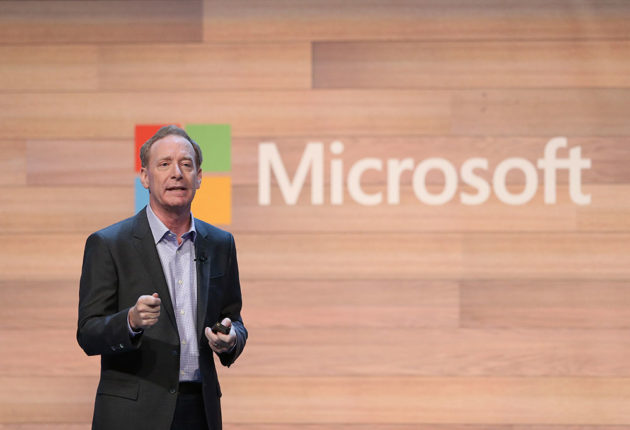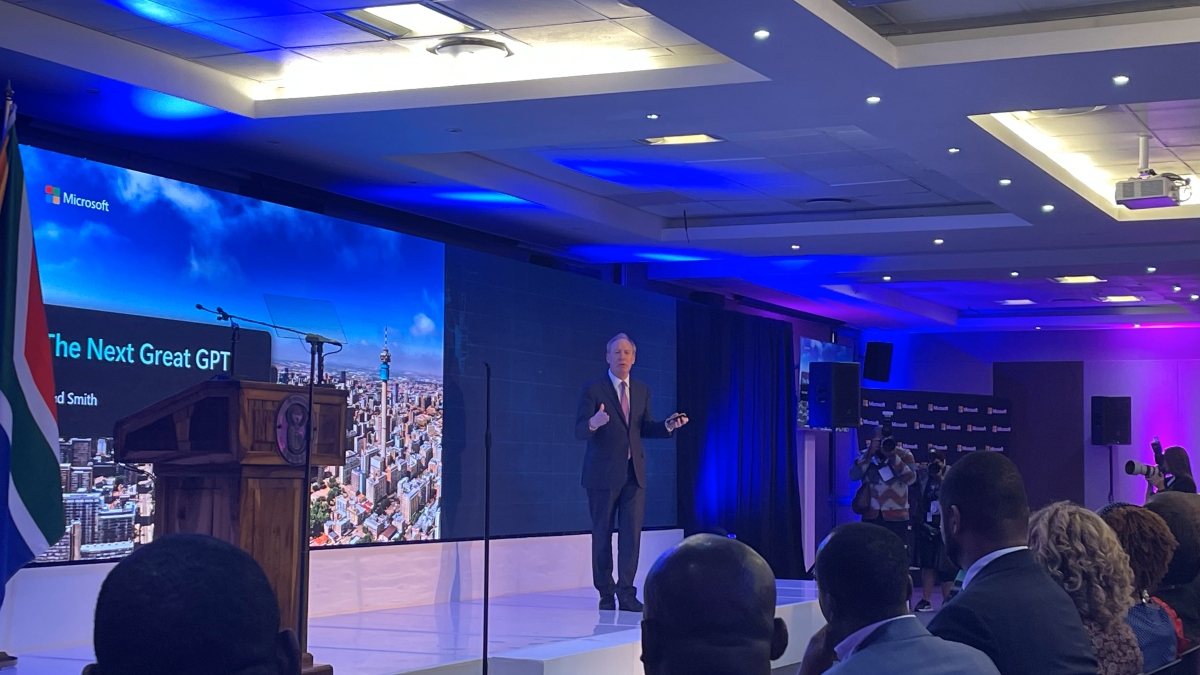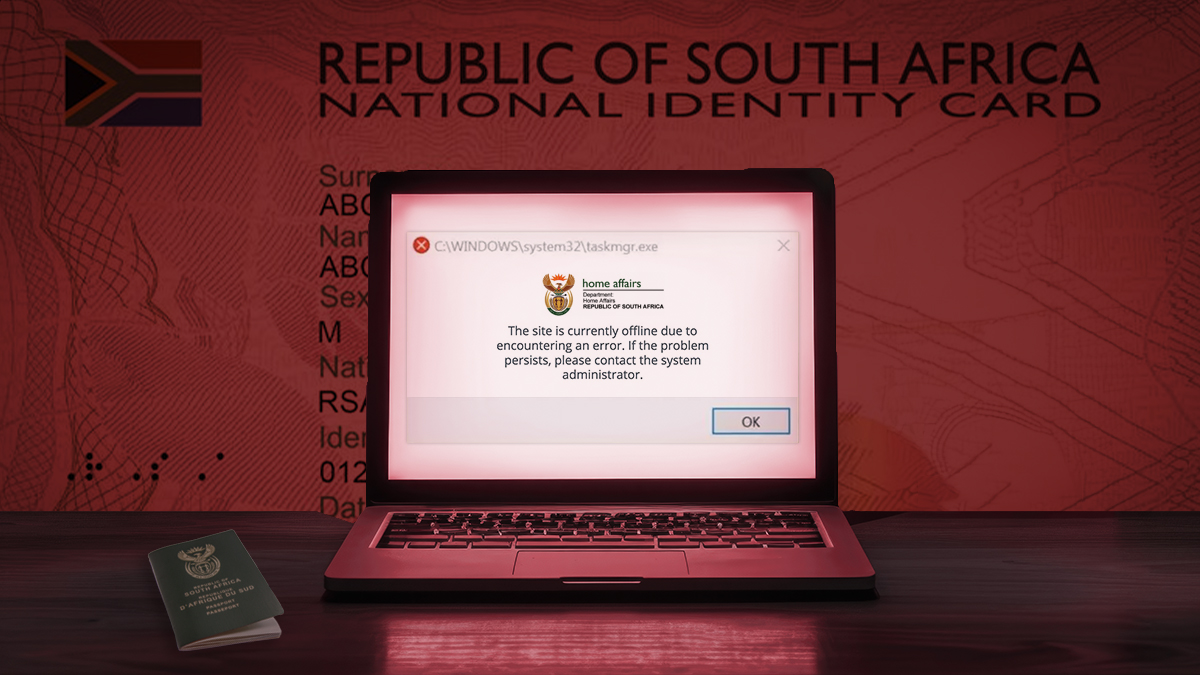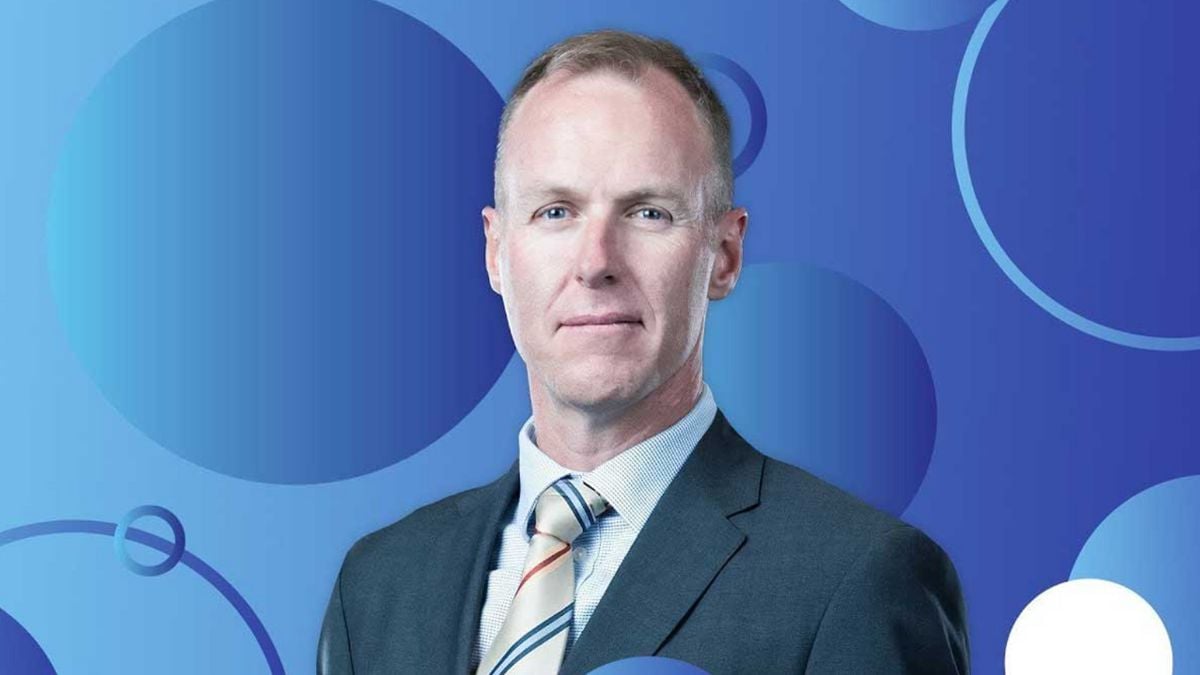Microsoft paying to train 50,000 South Africans

Microsoft President Brad Smith has announced a R5.4-billion investment initiative to build data centres and train South Africans in artificial intelligence skills to prepare them for a future digital economy.
Smith was speaking at a press briefing on Thursday at Microsoft’s head office in Sandton, attended by President Cyril Ramaphosa and several other government officials.
He said that Microsoft would pay for 50,000 people to gain access to AI courses and earn Microsoft certifications in various fields.
Regarding the AI training, Smith said it would include three types of skills: AI fluency, AI engineering, and AI systems design.
In addition to AI skills, the initiative includes cloud architecture and cybersecurity skills.
“These are precisely the certificates and the skills that win people’s jobs because you need people with these skills,” he added.
“Frankly, you need people with the credentials so that you know they can do the jobs that you need to have done.”
Smith said the tech giant has the overarching goal of bringing AI skills to one million South Africans by 2026.
“Think of that as a broad effort, a broad effort to equip many people with access to AI so they can start to learn how to use it,” Smith said.
“But we recognize that in addition to that breadth, depth makes all the difference in the world in building a stronger economy.”
The president of Microsoft Africa, Lillian Barnard, noted that, given Africa’s median age of 19 and that most of the population is under 35, the continent is poised to become a key player in the global economy by 2030.
In an announcement earlier this year, Barnard said that Microsoft South Africa has introduced an AI skilling initiative that aims to equip a million South Africans with critical, in-demand digital skills by 2026.
Barnard said this would further accelerate the continent’s digital and AI transformation and empower individuals and businesses to thrive in an increasingly AI-powered world.
In its efforts to invest in the South African economy, the company has also partnered with local tech startups, such as Lelapa AI, which aims to use AI to drive innovation and uplift communities.
The startup has created Africa’s first multilingual AI small language model to support low-resource languages such as Swahili, Yoruba, isiXhosa, Hausa, and isiZulu.
“The AI revolution is a catalyst for job creation but also for young people and its potential cannot be understated,” Ramaphosa said in response to Smith’s announcement.
“We are particularly excited about the upskilling initiative.”
He added that Microsoft’s investment in South Africa indicates to the business and investor community that the economy continues to hold significant potential and is backed by secure infrastructure.

































